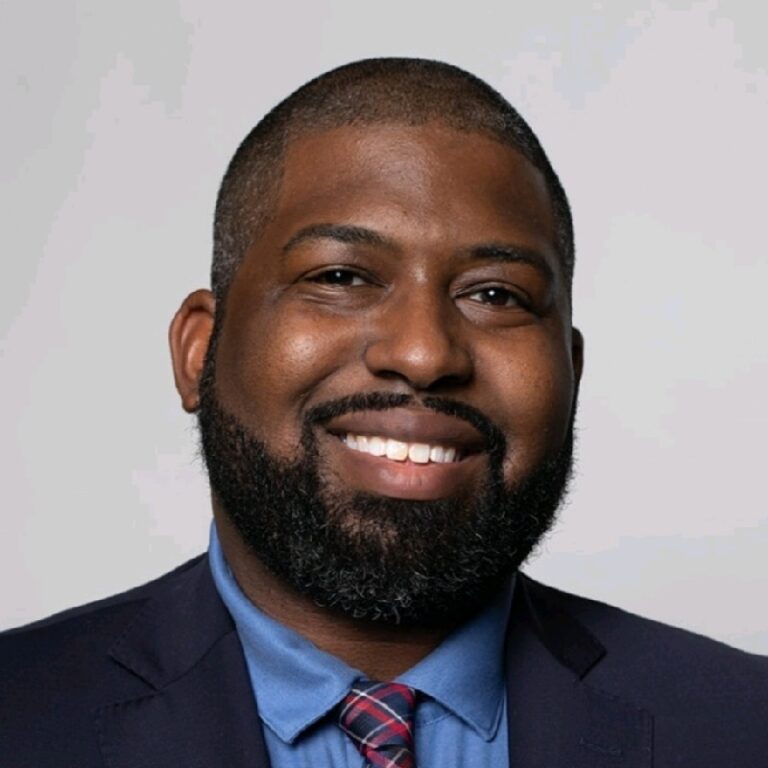Sometimes there's a person, a situation, or an issue that really drives you crazy. Often, the only way forward is to face the issue head on by having a conversation about it with those involved. While that may sound simple, the situations are often emotionally charged, and people tend to avoid these conversations at all costs. Generally, issues that require these conversations don't rise to the level of a conflict and aren't considered performance issues, making it even harder for those involved to know how they should move forward.
Leading challenging conversations is about facing your discomfort and dedicating yourself to the conversation that needs to happen. You'll learn to identify issues that require a conversation, and to self check if you are the correct person to have the conversation. Once you've identified a conversation, you'll follow a process that helps you create a plan, conduct the conversation, and follow up.
Let's be clear, having a conversation doesn't automatically lead to a resolution. Not having a resolution can be frustrating for many of us, so it's important that you think about success as either fully resolving the issue or helping you identify a path for productively approaching the problem using tools that you have. In the course project, you'll identify a conversation in your workplace, create a plan, practice having the conversation, and determine the appropriate next steps. Professor Nobles will guide you on how to do this using proven strategies and a refined process. This course focuses on conversations you'll have, not coaching others to have these conversations. However, the process that is taught can be shared with peers as they face situations requiring challenging conversations.
You are required to have completed the following courses or have equivalent experience before taking this course:
- Diagnosing Workplace Conflict
- Applying a Problem-Solving Approach to Conflict








